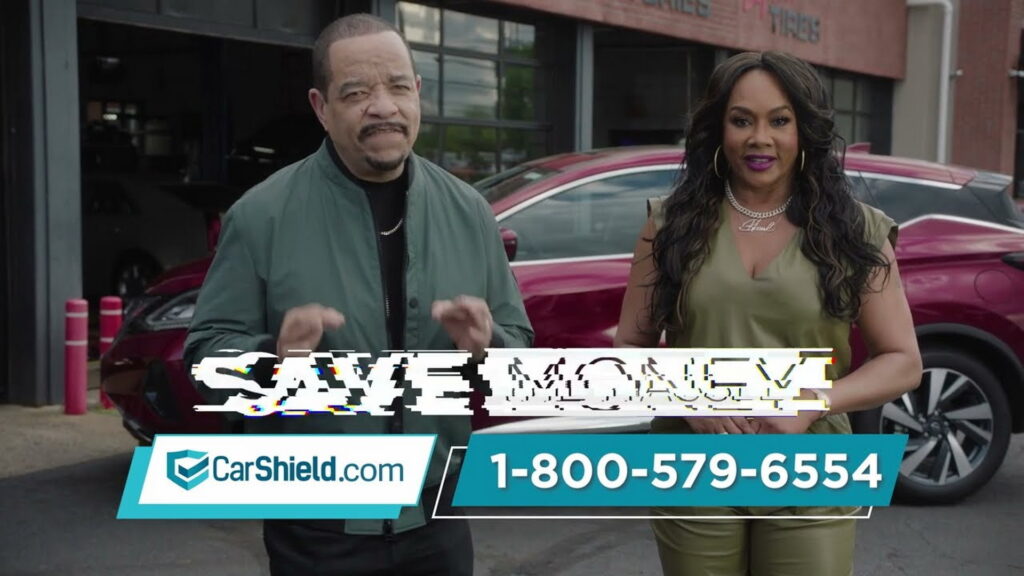- CarShield just agreed to pay $10 million to the FTC to settle deceptive advertising charges.
- The FTC also accused it of using celebrity endorsements to deceive customers.
- Now CarShield will be under scrutiny for up to a decade to ensure it doesn’t revert to these practices.
Aftermarket car warranty companies sometimes get a bad rap and stories like this play a role. CarShield, one of the larger players in the market, just agreed to fork over $10 million to settle accusations of deceptive advertising. The FTC says that CarShield used celebrities to make these false promises and then covered far less than it said it would.
CarShield describes itself as “America’s Most Trusted Auto Protection Company.” That probably doesn’t sound so accurate today. The administrator of its vehicle service contracts, a company called American Auto Shield, is also part of the ruling. Both AAS and CarShield are owned by NRRM, LLC.
Read: Toyota Denies Warranty For GR Corolla Fire, Claims Tires Rated Below 85 MPH
“For many consumers, a personal vehicle is one of their most valuable assets and a vital lifeline for getting to work, taking their kids to school, and obtaining medical care. Instead of delivering the ‘peace of mind’ promised by its advertisements, CarShield left many consumers with a financial headache,” said Samuel Levine, Director of the FTC’s Bureau of Consumer Protection.
“Worse still, CarShield used trusted personalities to deliver its empty promises. The FTC will hold advertisers accountable for using false or deceptive claims to exploit consumers’ financial anxieties.”
Celebrities involved with CarShield advertisements include Ice-T, Vivica A. Fox, MLB pitcher Walker Buehler, NHL player Ryan O’Reilly, and Ric Flair. The FTC’s order bans CarShield from using these same tactics in the future and requires it and AAS to alert any third-party marketer it uses of those rules. The FTC will monitor CarShield for up to a decade to ensure it complies with these orders.
At this stage, CarShield has to make payment of the $10 million in full within a week of the court entering the order. The FTC will then use that money to provide refunds to defrauded customers. That’s some sincerely good news at the end of this whole situation.




